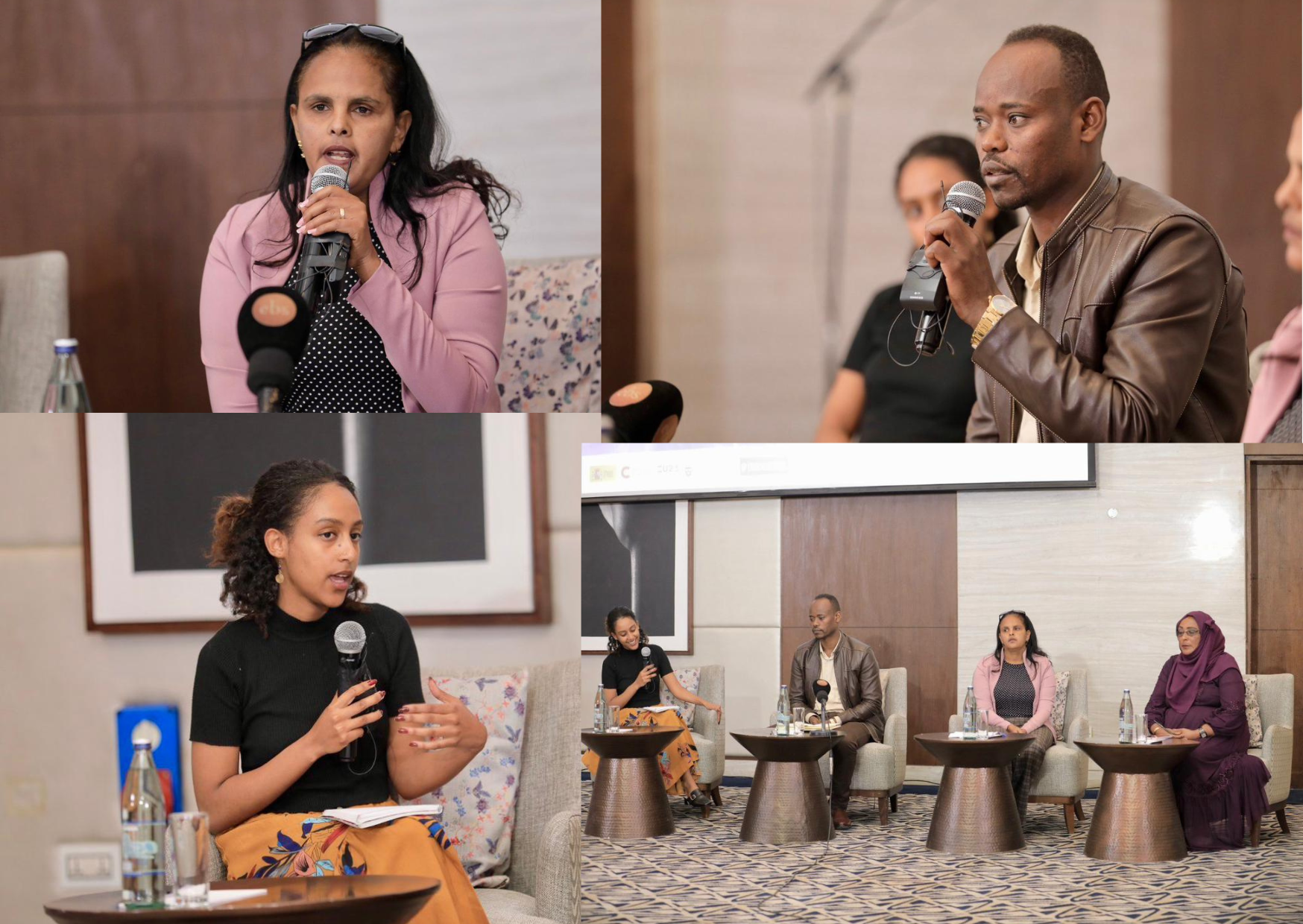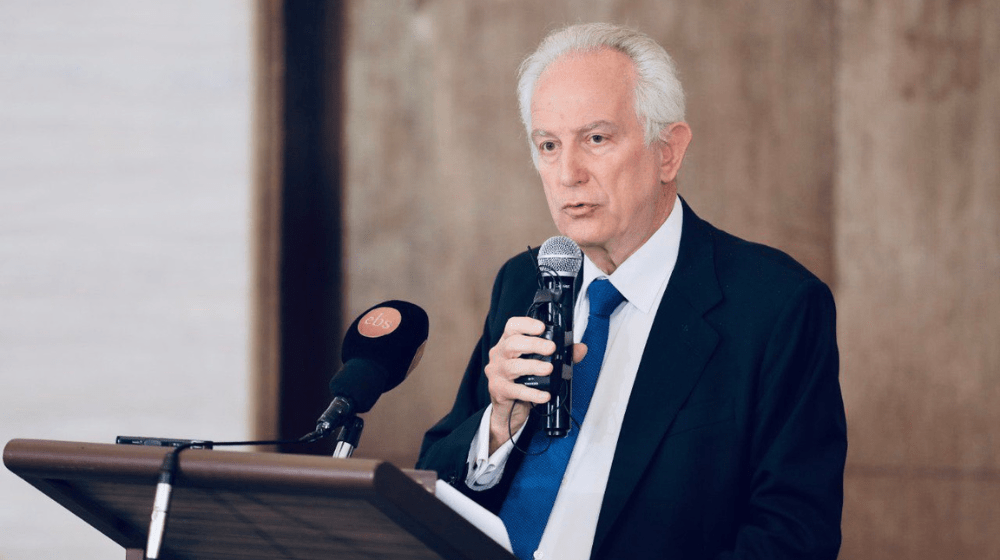Addis Ababa, Ethiopia - The Embassy of Spain and its Cooperation Agency (AECID), along with the Embassies of Ireland, Sweden, Belgium, the EU Delegation in Ethiopia, UNFPA, and UN Women, held a high-level panel on GBV in crisis contexts in Ethiopia on December 6, 2023. The event was part of the commemoration of ‘16 Days of Activism Against Gender-Based Violence’, outlining strategies and commitments to redouble efforts to prevent and tackle this pervasive problem.
The event, featuring notable speakers such as H.E. Manuel Salazar Palma, Ambassador of Spain in Ethiopia; Mr. Koffi Kouame, UNFPA Country Representative; and H.E. Alemitu Umut, State Minister, Ministry of Women and Social Affairs (MOWSA), opened to a panel discussion in the presence of a wide range of Ambassadors, development partners, community leaders, and stakeholders.
Setting the Tone for Change: International Commitments
The event commenced with the remarks of H.E. Manuel Salazar Palma emphasizing Spain's commitment to combat gender-based violence, citing it as a cornerstone of Spanish Cooperation and Foreign Policy. The ambassador highlighted Spain's impressive ranking in gender equality and pledged ongoing support for gender equality projects in Ethiopia, notably the ELLAS+ program aimed at promoting women and girls' participation in public life.
Similarly, UNFPA Country Representative, Mr. Koffi Kouame, stressed the need for comprehensive approaches to prevent gender-based violence in Ethiopia. He linked climate change and conflict to an alarming increase in the Ethiopian population in need of GBV response services over the last three years. Mr. Kouame outlined key efforts by UNFPA and MoWSA, including the development of National Standard Operating Procedures for GBV Prevention and Response.
The opening remark by H.E. Alemitu Umut, State Minister, MoWSA, provided insights into the ministry's advocacy campaigns, sectoral development plans, and national policies aimed at addressing GBV. She emphasized the importance of engagement in conflict-affected areas to ensure survivors have access to essential GBV services.
Panel I: Unravelling the Complexities of GBV in Conflict Contexts
The first panel delved into the challenges faced by women and girls in conflict-affected areas. Senior GBV Expert, Mr. Zekarias Desalegn, highlighted the collapse of protection systems in conflict zones, increasing the vulnerability of women and girls. Ms. Abeba Haileselassie, Coordinator of the Women’s Association of Tigray, shared harrowing accounts from the recent Northern Ethiopia conflict, stressing the need for accountability and justice for survivors of gender-based violence. Similarly, Mr. Medina Workineh, Dessie One-Stop Center Coordinator, shed light on the challenges faced by women seeking protection services in conflict-affected areas, including accessibility issues, stigmatization, and the need for livelihood interventions to support the full reintegration of survivors in their communities.

Panel II: Proposals for Action – Investing in Prevention
The second panel presented proposals for action to increase investment in responding to and preventing violence against women and girls. Ambassador of Ireland in Ethiopia, H.E. Nicola Brennan, emphasized the importance of simultaneous investment in response and prevention, calling for collaboration with armed actors and law-enforcement agents.
On the other hand, Dr. James Okara Wanyama, UNFPA Humanitarian Programme Coordinator, stressed the need for long-term investment, including support for local organizations, evidence-based research, and transitioning from vertical to horizontal service models. Ms. Saba Gebremedhin, the Executive Director of the Network of Ethiopian Women’s Association (NEWA), underscored the barriers women's organizations face, emphasizing the nexus between GBV response and peace-building.
Finally, Mr. Shadrack Dusabe, UN Women Deputy Representative, underscored the need for investing in prevention and advocating for robust systems and institutions. He highlighted the economic repercussions of GBV, emphasizing the importance of evidence-based practices and increased Official Development Assistance (ODA).
Closing Remarks: A Call to Unity
After the panel discussions, Dr. Ramiz Alakbarov, UN Resident and Humanitarian Coordinator in Ethiopia, shared key learnings from the panel discussions, emphasizing the fight for women's rights as a quest for freedom. Mr. Alakbarov emphasized the significance of effectively tackling the evolving challenges faced by women in Ethiopia to foster progress in the pursuit of gender equality, requiring a comprehensive, multidisciplinary, and multi-institutional approach.
The event concluded with a resounding call from H.E. Hans Henric Lundquist, Ambassador of Sweden, to a united commitment, increased funds, and systemic changes to effectively address GBV in Ethiopia.


